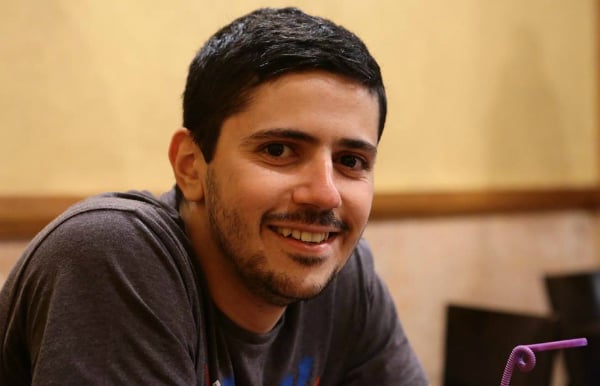
The beginning of 2018 in Armenia was marked with attempts to restrict freedom of speech and the rights of journalists. In particular, the Government of the Republic of Armenia drafted and submitted an RA draft law to the National Assembly on The Government’s Structure and Activity, according to which Government sessions will be closed. Until today, the sessions have been, in essence, closed, however they were broadcasted and journalists were able to follow the proceedings in the Government building from a special room dedicated to them. After the sessions ended, journalists were able to ask ministers questions. The proposed bill, which has already been adopted by the National Assembly, not only doesn’t give journalists the opportunity to follow the processes of the sessions, but also prevents them from being able to ask Government members questions “about the process of any discussions regarding any issue in the Government” without the permission of the Prime Minister.
It is clear that this particular provision of the law gives ministers the opportunity to avoid journalists’ questions, by reasoning that in answering those questions they are forced to declassify information “about the process of any discussions regarding any issue in the Government,” which is prohibited by law.
By an unlucky coincidence, or criminal intentionality, the adoption of the RA draft law on The Structure and Activity of the Government took place on March 23, on the same day which during the special session of the National Assembly another draft was adopted, to the detriment of journalists. The first reading of the draft submitted regarding amendments and additions to the RA law on Local Self-Governance in Yerevan, only related to the invalidation of one of the provisions of the law. However, a completely new draft was introduced during the second reading (which is permitted according to the regulations of the National Assembly), the text of which was accessible to the Members of Parliament only one day before.
In particular, the draft intends to deprive journalists from the right to enter Yerevan City Hall. The already adopted draft law says, “Accredited journalists of Yerevan’s self-governing bodies carry out their professional activities in a special place, separated from the local self-governing body of Yerevan, which will ensure Council public sessions online (livestream) broadcasts, with the technical capability of watching and recording, and may be present at the City Council session with the permission of the Mayor of Yerevan or the session moderator.”
Note that the desire to remove journalists from Council sessions was a result of the well-known incident which took place during the first session of this year, when journalists were able to capture from different angles how both ruling party members and municipal officials collectively used violence against the representative of the opposition party Yerkir Tsirani. The desire turned into intent after another incident which took place after that scandalous session, when journalists walked around the city hall accompanying and filming the same “Yerkir Tsirani” opposition party’s head as per her invitation.
After that, the municipality informed the media that they are going to regulate (in fact, limit) the work of journalists on the municipality premises, and asked for proposals. And when more than 30 journalistic and human rights organizations as well as mass media outlets and journalists stated in writing that the format proposed by the municipality was unacceptable and illegal, the officials found a solution by changing the law so that they could no longer be blamed for breaking it.
From now on, journalists in the government and in the Yerevan City Hall will remain behind closed doors.
Arman Gharibyan
Independent journalist, co-founder of “Human Rights Power” NGO
The views expressed in the column are those of the author's and do not necessarily reflect the views of Media.am.

Add new comment
Comments by Media.am readers become public after moderation. We urge our readers not to leave anonymous comments. It’s always nice to know with whom one is speaking.
We do not publish comments that contain profanities, non-normative lexicon, personal attacks or threats. We do not publish comments that spread hate.